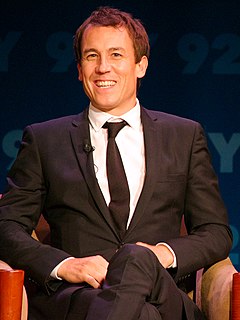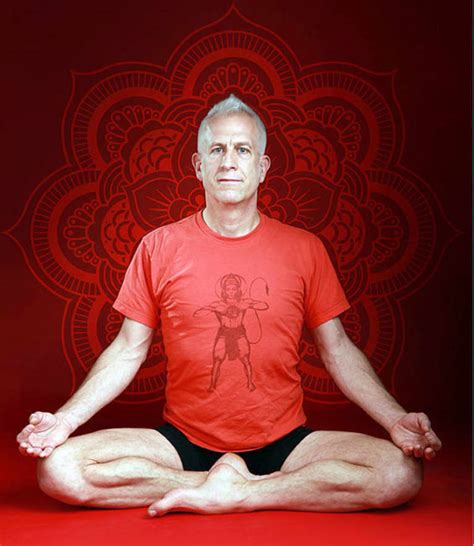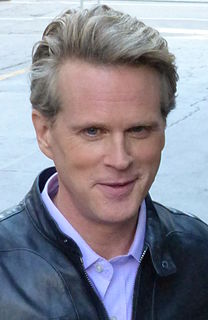A Quote by Susan Vreeland
Archival and published history does not always record personal relationships of historical figures, so characters must be invented to allow the subject to reveal their interior realm through intimate interaction.
Related Quotes
Approaching subject matter to photograph is like meeting a person and beginning a conversation. How does one know ahead of time where that will lead, what the subject matter will be, how intimate it will become, how long the potential relationship will last? Certainly, a sense of curiosity and a willingness to be patient to allow the subject matter to reveal itself are important elements in this process.
There are 3 levels of compatibility in intimate relationships that connect the most subtle realm of spirit to the most outer, dense form of body. There must be alignment in heart, through life view and spiritual intention; mind, through clear, open communication; and body, through physical chemistry. Compatibility on all 3 levels of heart, mind, and body is the ultimate love relationship, which everyone is seeking!
Through the history of my records, from when I started controlling the visual, I always used lower case letters for everything, I can't even explain why that is. The character is actually me, and I think once you see the film for the record, or see the video or really get in to the record, that will all sort of reveal itself to you.
The nightmare of censorship has always cast a shadow over my thoughts. Both under the previous state and under the Islamic state, I have said again and again that, when there is an apparatus for censorship that filters all writing, an apparatus comes into being in every writer's mind that says: "Don't write this, they won't allow it to be published." But the true writer must ignore these murmurings. The true writer must write. In the end, it will be published one day, on the condition that the writer writes the truth and does not dissemble.
The truth is that History, with its imposing capital H, is simply the amalgamation of many quotidian lives lived in very ordinary ways. History is always personal. If you read Holocaust survivor or American slavery survivor narratives, you realize all too well that these great Historical moments were personal to someone at some time.



































